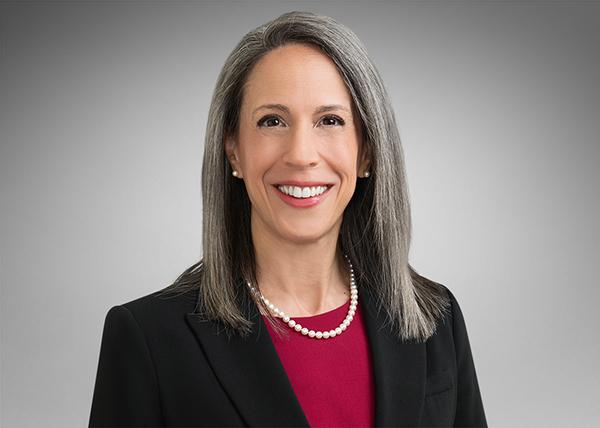On November 6, 2020, the Food and Drug Administration (FDA) held the first of three public meetings regarding its Food Traceability Proposed Rule. The proposed rule, which is required by section 204 of the Food Safety Modernization Act (FSMA), would impose additional traceability recordkeeping requirements on entities that manufacture, process, pack, or hold foods on FDA’s proposed Food Traceability List (FTL). Subject to various exemptions, the proposed rule would require these entities to maintain records regarding “Key Data Elements” associated with “Critical Tracking Events” in the food supply chain, which include growing, receiving, creating, transforming, and shipping.
Frank Yiannas, FDA’s Deputy Commissioner for Food Policy and Response, opened the meeting by emphasizing FDA’s belief that enhanced traceability can play a key role in protecting consumers from foodborne illness. Yiannas also noted that the proposed rule will advance a core element of FDA’s New Era of Smarter Food Safety initiative, and said that, as mandated by FSMA, the proposed rule does not prescribe the use of any specific technological platforms or tools.
Following these remarks, FDA led multiple sessions discussing the proposed rule’s scope, exemptions, and requirements. In one particularly insightful session, FDA presented a “real world” case study demonstrating how the proposed rule would apply at each step in the supply chain to a salad kit prepared with tomatoes and iceberg lettuce. The agency also held sessions regarding the development of the FTL, the agency’s regulatory impact analysis, and the perspectives of state regulators and other external stakeholders.
The meeting concluded with a public comment period, during which various stakeholders—including some major trade associations and food technology companies—provided comments on the proposed rule. While most commenters were generally supportive of FDA’s goals of enhancing food traceability and increasing transparency in the food supply chain, they also raised key issues for FDA to consider as it finalizes its rule, including:
- The need for FDA to clarify the specific foods that fit within each category of food on FDA’s proposed FTL (e.g., whether cream cheese qualifies as a “soft cheese”).
- The need to provide stakeholders with more opportunities to offer input on which foods should be included on FDA’s FTL.
- The high costs that industry will incur in complying with the rule, and the disproportionate costs the rule may impose on certain entities at specific points in the supply chain.
- The need for FDA to increase the amount of time industry will have to comply with the rule once it has been finalized, particularly in light of the rule’s complexity and the fact that many stakeholders will need to implement substantial changes to their current business practices in order to comply with the rule.
Multiple commenters also requested that FDA extend its comment period for the proposed rule, particularly in light of the rule’s complexity, the upcoming holidays, and the ongoing resource demands associated with the COVID-19 pandemic. The agency did not respond to these requests during the meeting.
Dr. Susan Mayne, the Director of FDA’s Center for Food Safety and Applied Nutrition (CFSAN), provided closing remarks that emphasized the important role stakeholder feedback will play in shaping FDA’s final rulemaking.
What can you do?
FDA will hold additional public meetings to discuss the proposed rule on November 18, 2020 and December 2, 2020. Interested stakeholders will have the opportunity to provide public comments during these meetings, and can also submit written comments on the proposed rule until January 21, 2021.
If you have any questions concerning the material discussed in this client alert, please contact the following members of our Food, Beverage, and Dietary Supplements practice.
Back
Back







